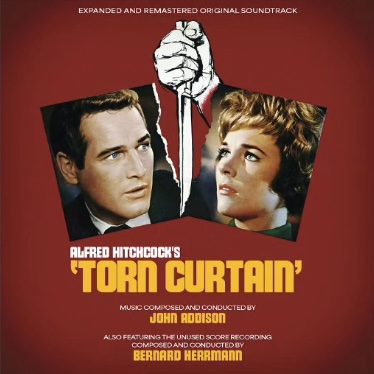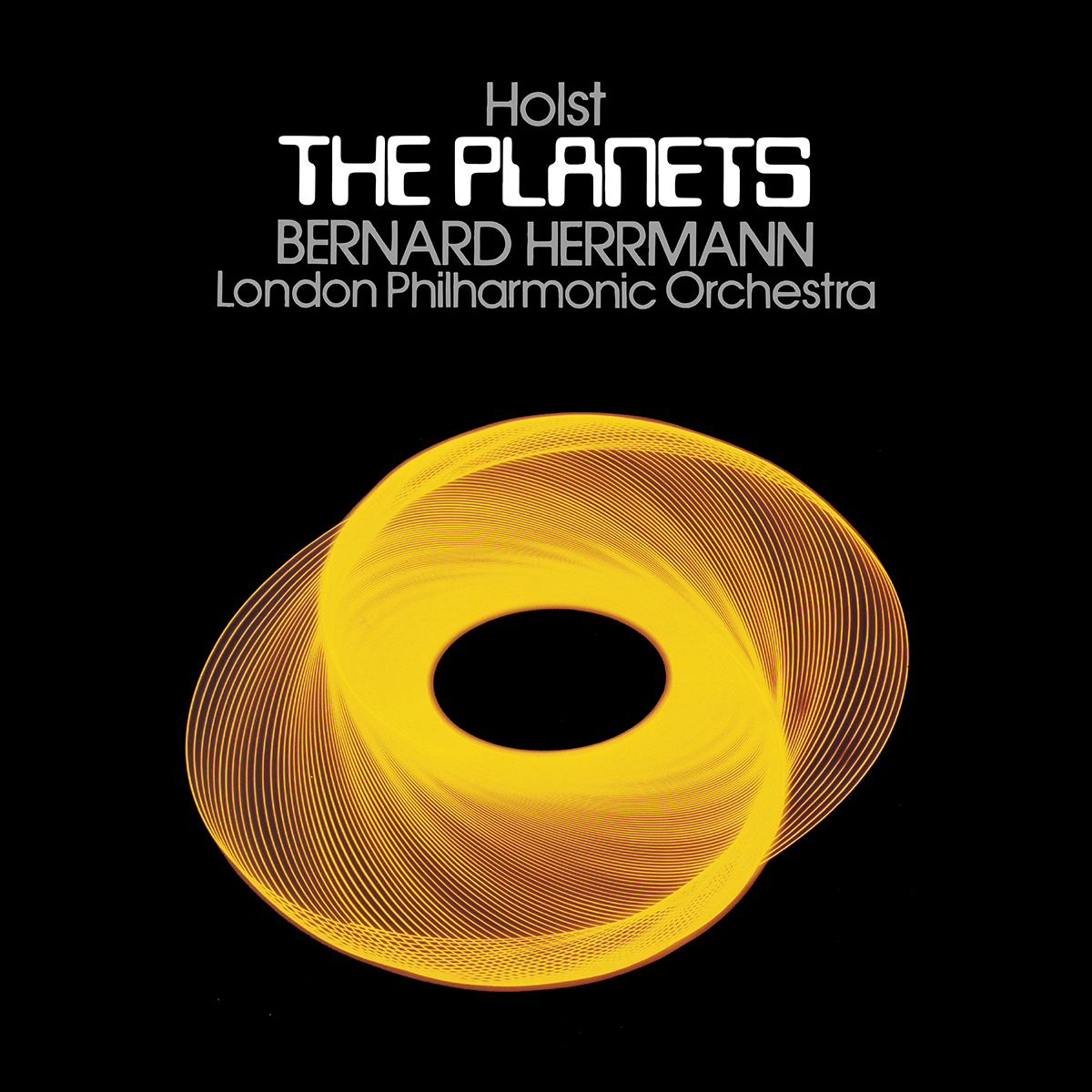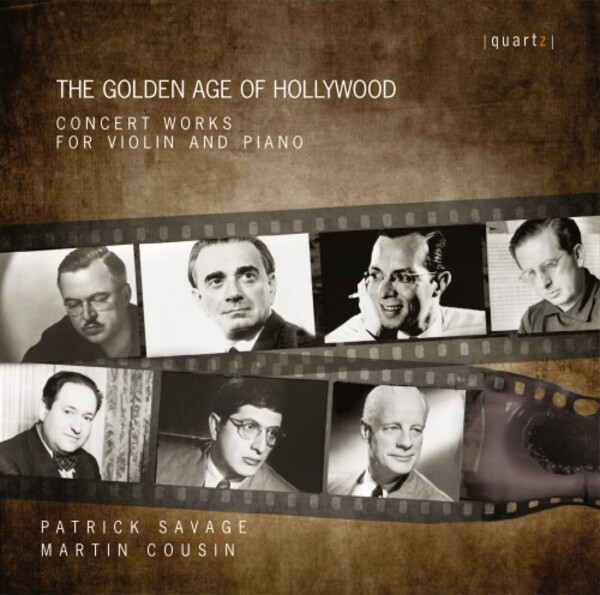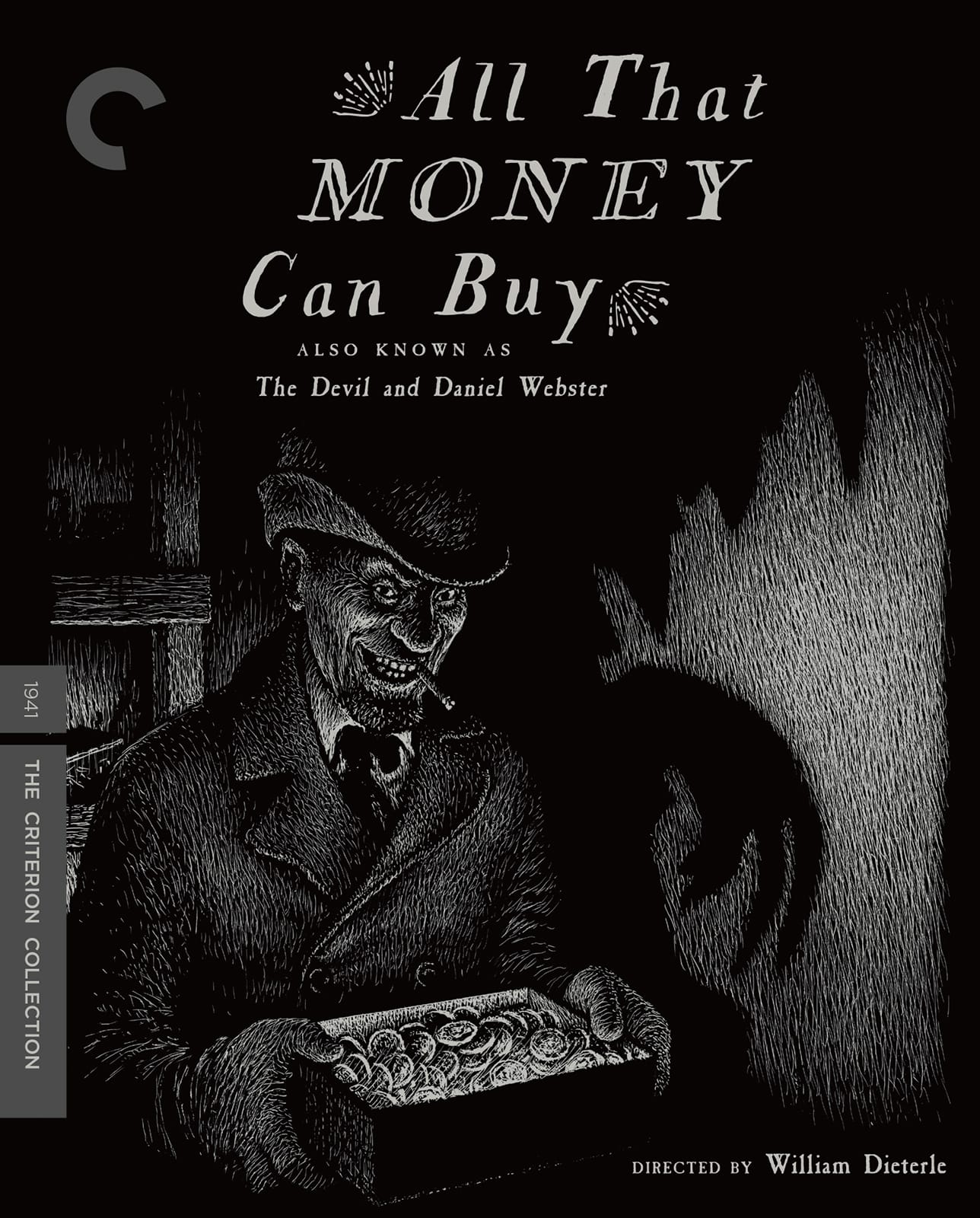Los Angeles, October 1996
Esa-Pekka Salonen conducting the Los Angeles Philharmonic
The Los Angeles Philharmonic recently performed excerpts from four Herrmann scores, at a Tribute to the Movies concert fundraiser. Among those in attendance were Elmer Bernstein and John Williams, both of whom were also represented on the program (Bernstein with The Magnificent Seven, a rousing program opener, Williams with E.T. – the flying music). Excerpts from The Man Who Knew Too Much (1956), Psycho, Marnie and Vertigo completed the first half of the evening; the second half was a performance of the Phil’s current showpiece, The Rite of Spring (billed, amusingly enough, as music from Fantasia in print ads!).
The main title for The Man Who Knew Too Much was impressive, if brief, the Philharmonic making the most of its powerful percussion parts. The Marnie suite – as arranged by Herrmann for his 1968 album – was presented in its entirety. The final third of the piece suffered from apparent under-rehearsal, but the main theme was rapturously performed, and the “hunt” sequence was also well played. The opening bars of Vertigo elicited murmurs of pleased recognition among the audience. Salonen’s tempo was not as brisk as it is on his new CD – more reflective of the film. The abbreviated performance of Herrmann’s 1968 suite included the main title, nightmare, and love theme. Suffering most from truncation was the Psycho excerpt; rather than play the entire Narrative for Orchestra, Salonen and orchestra presented merely the main title (prelude) and shower scene. One could scarcely blame the audience titters that accompanied the latter; robbed of any musical context, the shower music is reduced to a mere “pop-culture” reference when performed by itself.
It illustrated the chief drawback to the evening, and to many film music concerts: the reduction of the scores to film-association gimmickry, rather than a performance of an independent musical work. Herrmann’s concert arrangements of the scores attempted to create appropriate arrangements for concert performance; it’s a pity that even these brief suites were chopped even further, and that the concert had no apparent logic to its selection (E.T. next to Psycho? – the preponderence of “dark” Herrmann scores made the brief excerpt of Williams music sound incongruous).
Nevertheless,it was satisfying to see an organization of the Philharmonic’s stature acknowledge the importance of Herrmann’s work – particularly in light of that symphony’s pointed rejection of Herrmann, as either composer or conductor, during his 20-year residence in the city. Reportedly, future creative teamings of the Philharmonic and film composers – like Bernstein and Jerry Goldsmith – are being planned.






![The Man Who Knew Too Much – 4K restoration / Blu-ray [A]](../../wp-content/uploads/2023/11/TMWKTM-4K.jpg)
![The Bride Wore Black / Blu-ray [B]](../../wp-content/uploads/2023/07/BrideWoreBlack.jpg)
![Alfred Hitchcock Classics Collection / Blu-ray [A,B]](../../wp-content/uploads/2020/07/AHClassics1.jpg)
![Endless Night (US Blu-ray) / Blu-ray [A]](../../wp-content/uploads/2020/03/EndlessNightUS.jpg)
![Endless Night (UK Blu-ray) / Blu-ray [B]](../../wp-content/uploads/2019/12/ENightBluRay.jpg)